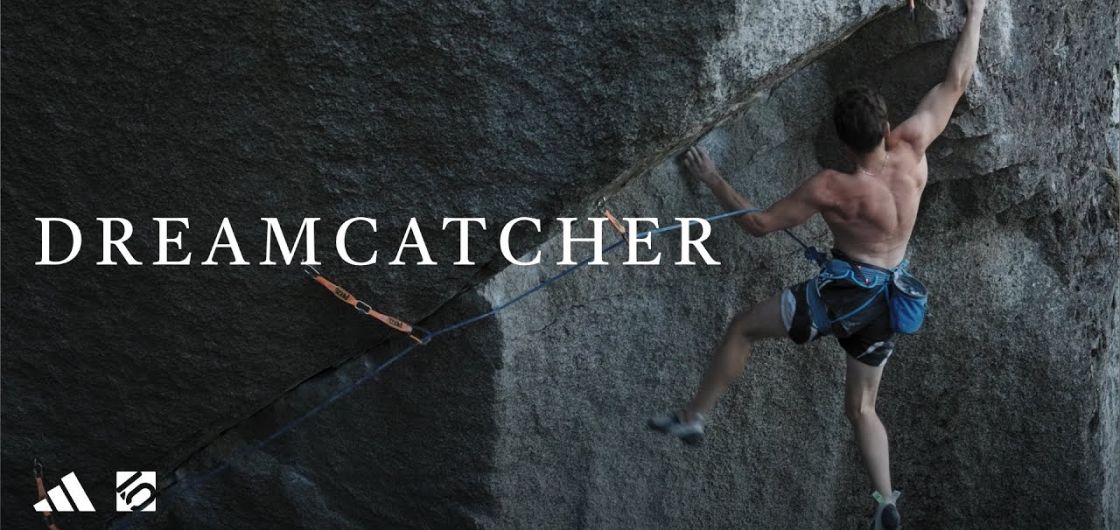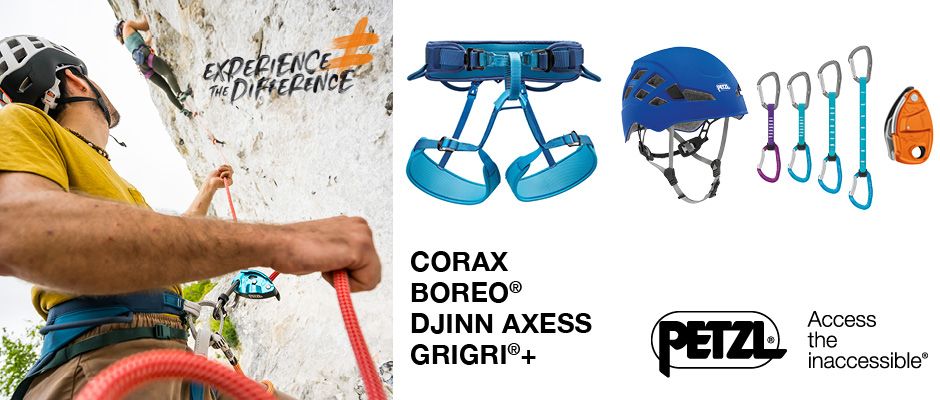Sendtember News
September, at least in the northern hemisphere, is known amongst rock climbers as 'Sendtember', because the autumn weather is cooler than summer and drier than spring—this is conducive to amenable rock climbing conditions at many crags. This year's Sendtember has been especially sendy, as many elite climbers have ventured outdoors after the Paris Oympic Games, either as a break from competing, or to forget about the whole competition climbing scene after missing out there.
Stefano Ghisolfi, after missing out on olympic qualification, publicly stated his intention to go to Flatanger in Norway and try and send some of the world's hardest sport routes instead—inviting others along for the ride. Ghisolfi has been working Silence, Adam Ondra's unrepeated grade 39 horrorshow and while he was unsuccessful on that route, he climbed four routes graded 35, including Little Badder.
After falling victim to the trapdoor-like men's semifinal route at the olympics, Alex Megos headed straight to Flatnger to join Ghisolfi and focussed his teutonic fury on a swathe of hard routes, including Change (37/38), Move (37/38) and Little Badder (35). Interestingly, nobody seems to agree on which route is harder out of Move and Change. Ondra suggested after the first ascents that Change was the harder route, but both Megos and Seb Bouin thought Move was tougher to do (Change took Megos just five days to send). Then Spain’s Jorge Díaz-Rullo sent both routes and suggested they were the same grade. “Move was the same as Change, maybe in a different style, more physical and less tricky, but I think they are on the same level: 9b/+ (37/38).”
Mejdi Schalck was one of the unluckiest to miss olympic selection and while Ghisolfi suggested he move on by joining him in Flatanger, the young french climber instead took a trip to Squamish, where he succeeded on Chris Sharma's famous, and aesthetic, Dreamcatcher (35). See the video above.
Nemuel Feurle, Jacopo Larcher and Babara Zangerl have all repeated Seventh Direction in the Rätikon, Austria. The 220m 8c (33) multipitch on Drusenfluh was first ascended in 2022 by Alex Luger. Earlier in September, Larcher and Zangerl also made the first repeat of The Gift (33, 350m) at the same area.
After a 43-day expedition beginning on July 29, Pete Whittaker, Seán Villanueva-O’Driscoll, Sean Warren, and photographer Julia Cassou have climbed a new route up Greenland’s 1000 metre Mirror Wall to produce Ryu-shin (31 R A2+).
Perhaps most astonishingly of all, the legendary Kilian Jornet has completed a superhuman feat by climbing all 82 4000m peaks in the European Alps in just 19 days. Starting from Piz Bernina in mid-August and finishing at the Barre des Écrins, the 36-year-old Spanish skyrunner ticked off all the highest mountains in the Alps, all while travelling from one peak to the next on foot or by bicycle. Jornet sometimes climbed for 20 hours non-stop per day, only resting for 4 or 5 hours prior to embarking on the next climbs. Many of the mountains were summited with members of his team, while others were summited solo. His 'strava stats' are: 1207km, 267:45:16 hours of activity, 75,344 meters of elevation gain and, on average, 5:17 hours of sleep per day. It's hard to imagine a more impressive 19 days of activity by anyone, ever.
Of course, post-Paris IFSC World Cups resumed. The first was in Koper, Slovenia, in the Lead format. Here Janja Garnbret competed, though admittedly only because it was her home World Cup. She cruised to victory, finishing an unbeaten year in all competitions. Jessica Pilz (AUT) backed up her Olympic bronze with a silver in Koper, while USA's Annie Sanders was third. The men's olympic medallist also turned up at Koper and proved his Lead form was still strong, with Toby Roberts (UK) again beating Sorato Anraku of Japan into second. France's Sam Avezou was third. This was enough to clinch the overall World Cup Lead title for Toby Roberts for the year. Garnbret didn't compete at enough competitions to have sewn up the overall title, so the women's title remained up for grabs with one more Lead event at the Seoul World Cup still to come.
In Prague, it was the turn of the boulderers and again we had a hometown hero taking part, this time Adam Ondra. Unfortunately for his fans, Ondra was unable to replicate the hometown fairytale from Koper, he made the final but here the boulder were tough and he managed just one top and three zones to finish sixth. First went to Korea's Dohyun Lee, from Manuel Cornu (FRA) and Toby Roberts. All three managed just two tops, but had clear separation with one zone different for each. In the women's, Natalia Grossman bounced back from a poor olympic showing to take the win, while breakout French star Naïlé Meignan took second and Australia's Oceania Mackenzie earned her first podium place with third.
The final round of the IFSC World Cups in Seoul will host Boulder, Lead and Speed abd decide the majority of the overall titles for the year.

